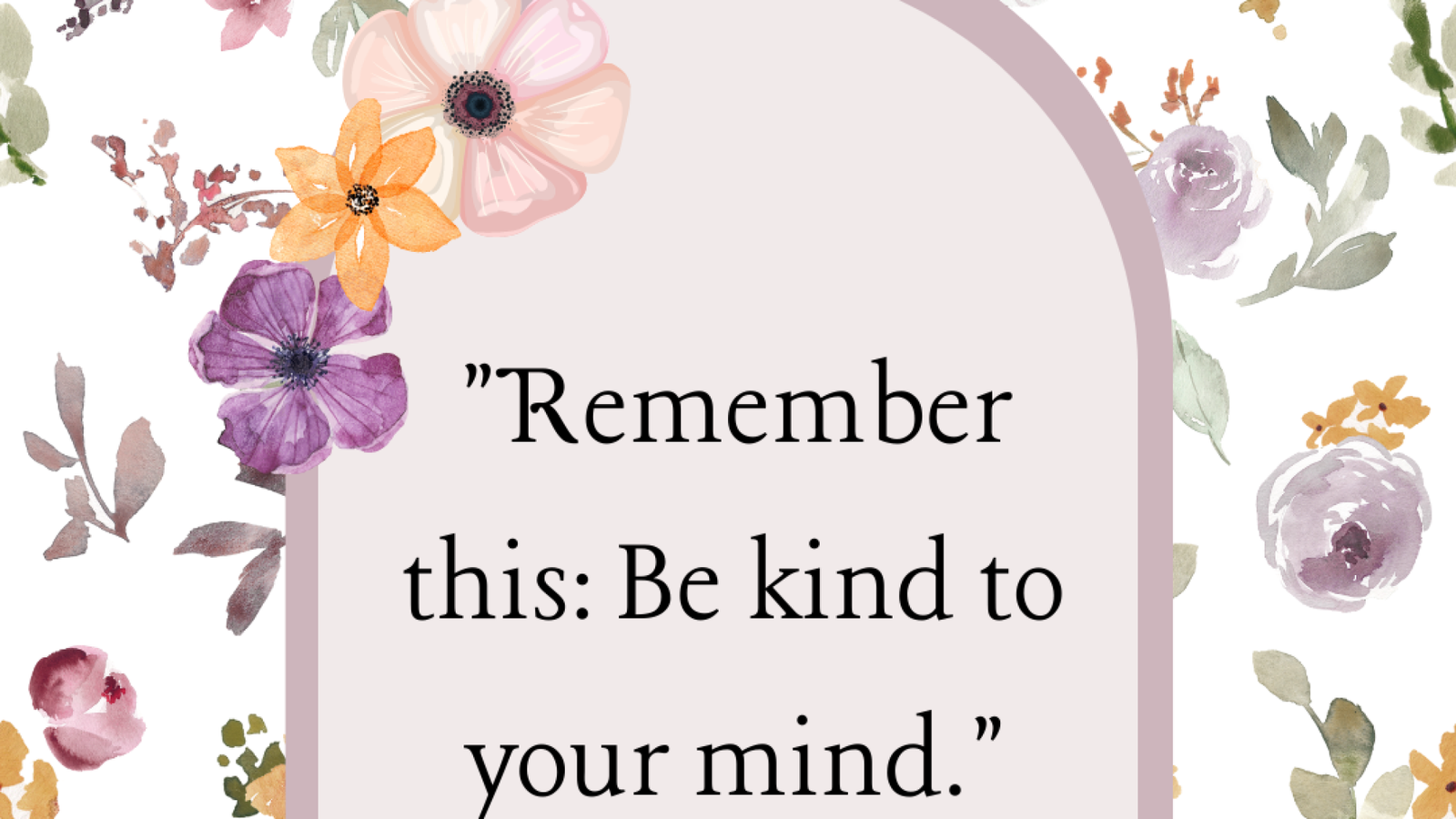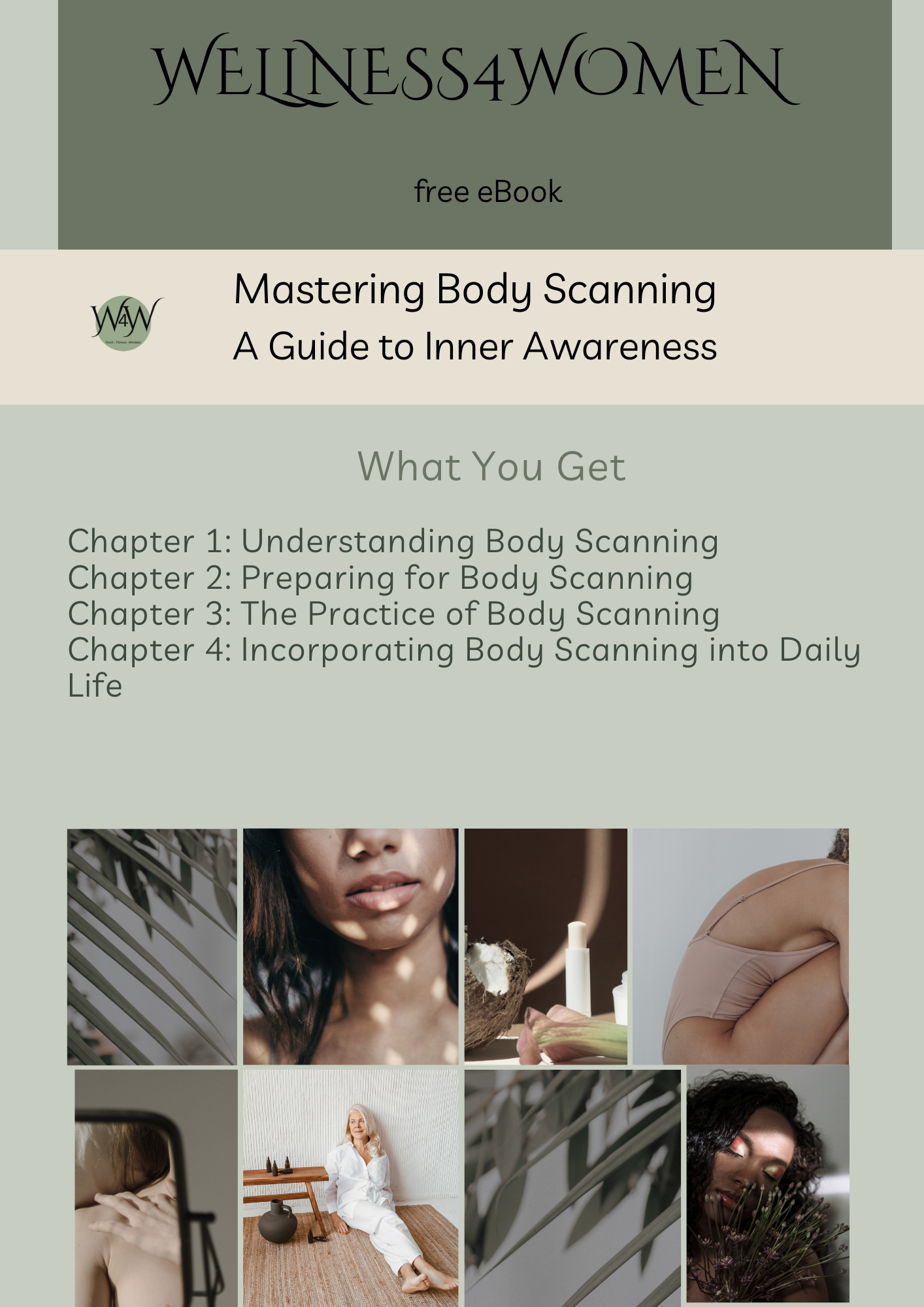Challenging your brain regularly can have incredible long-term effects. Here are why it’s important to keep your brain sharp!
1. Increased Memory Capacity
When you keep your mind sharp by challenging it to learn new things, your brain works harder. As a result, your memory capacity increases.
In a interesting study, that you can find on London taxi drivers and bus drivers: a structural MRI and neuropsychological analysis – PubMed (nih.gov) it was discovered that London taxi drivers had a larger hippocampus which is the area of the brain that forms and accesses memories than London bus drivers. This was because the taxi drivers had the daily challenge of finding and navigating numerous streets on demand, unlike bus drivers who follow a set route.
2. Keep Your Brain Sharp
By regularly challenging your brain, you’re improving and strengthening the connective tissue in your brain’s neurons which helps them perform better and quicker. This process, known as neuroplasticity, is how your brain expands its capacity.
3. Delayed Natural Aging Mental Decline
Although cognitive decline is usually inevitable with aging, it’s possible to delay the symptoms and beat the odds for developing dementia and other forms of memory loss.
Just by doing some simple, well-constructed brain exercises, you can improve neuroplasticity. As a result, you stand a greater chance of overcoming the decline of mental functioning that naturally occurs with aging.
How to Improve Your Memory What Ever Your Age
1. Challenge Your Brain with Mental Exercises.
One of the main ways to sharpen your mind is by doing mental exercises. This stimulates your brain cells, causing them to communicate with one another.
I can’t, solve the Rubik’s cube because I am very dyslexic and have dyscalculia. However, you may find it helpful to you to challenge your brain and can be an excellent cognitive exercise. I love to learn a new hobby and at the moment I am really into card making and creating planners and will be opening an online- shop to sell them. Over the years I have studied Spanish and the Welsh languages and found this made my brain grow- or that’s how it felt anyway!! Learning new skills, mentoring others and volunteering are some other ways to challenge your brain.
2. Repeat Information
Stop cramming the info in your head! Instead, When you’re trying to recall something you’ve just read or heard, repeat the information out loud as well as write it down. This helps to reinforce the new facts in your memory. This is one of the skills I learnt as a Dyslexic but for everyone it’s a wonderful habit to get into enhancing your memory. However, don’t just repeat the information several times and then not review it later. Instead, plan to go over it again shortly.
Review your new information every few hours throughout the day, every day, until it becomes embedded in your mind and becomes a habit. When you space out periods of study, you’re helping to improve your memory.
3. Read , Read, and read some More!
Because of my dyslexia I had never read a full book until I was well into my 20s. I didn’t know I was dyslexic until I was In my late 40s, but the teachers told me I was just lazy- which I knew wasn’t true. I could have stayed in that mode, but I wasn’t happy that I wasn’t learning anything, and I wanted to be challenged. So, it was then that I decided to bite the bullet and learnt read properly. People who read a lot of books are better at recalling information than non-readers. That’s why you should read more books and publications on a wide variety of subjects, and just challenge your brain!
Rather than wasting hours vegging out in front of a TV, which was easy to do during the COVID pandemic- or social media-ing mindlessly on your phone, check out books to read at your public library or on-line.
4. Engage More with People in Challenging Games
Challenge yourself that includes other people. Trip the Light Fantastic! Dancing is a social interaction that helps in sharpening your brain, while improving your coordination. I like board games but not much else. But you may be different. Research shows that When you participate in interactive, challenging games and activities with others you’re 65% to 75% more likely to remain sharp and prevent memory disorders from occurring, such as Alzheimer’s and other neurodegenerative diseases.
5. Make Schedules
If I don’t make a schedule- stuff just doesn’t get done. Today’s business world is exceptionally competitive and busy. That’s why making schedules and prioritizing should be a requirement for your personal development growth rather than an option. We all know that time flies by, so time management is of extreme importance if you want to advance in your personal and professional development.
6. Get Quality Sleep
The older I get the more I suffer from disturbed sleep. Even if you do everything possible to improve your cognitive abilities, your brain still won’t function as well as it should if you fail to get enough sleep. After trying it all and reading all the books, for me, I rise from bed at 5am and get into bed by 9pm and then read for an hour and find that this helps me to sleep all night. I feel so much better for it, getting quality sleep can help your brain recover after a frantic day. Try what works for you and don’t watch TV, or your electric devise after 9pm, or you may be awake all night!
Invest in Continuing Education
I earned my master’s degree in my early 50s and then embarked upon a PhD. Never stop learning you brain will thank you for it!
Thank you for visiting me here; If this post was helpful – Then please like, subscribe, or leave a comment with any questions you may have!
If you feel you would like further support, please contact me. Details of How to get in touch with me are found in my home page’s top menu.
HEAD OVER TO YOUTUBE AND CATCH UP WITH MY VIDEOS for Great Tips on Holistic living – it is Free!
Love & Grace
Paula Rose Parish IHS
For more articles, visit Your Wellness Matters at www.paularoseparish.com. And if this article has helped you in a small way, please like it and comment.
For helpful articles on converting from Protestantism to Catholicism and videos visit ALMOST CATHOLIC at http://almostcatholic.blog
Visit My YouTube Channel- https://www.youtube.com/channel/UCIHzAbvL5Wdjlh4Q57XHEDA
We seek to foster a sense of community. All Blog posts are there for your encouragement and to share with others. You will find all kinds of topics relevant to faith and everyday life.
I have worked internationally with over 40 years of experience, having a Bachelor of Pastoral Counselling and Theology and a Master of Arts in Counselling & Professional Development. BACP Life Coaching Certificate. I currently work as a Christian educator, blogger, author, and grandmother living with my two dogs in Wales, UK.
If you wish to connect with me, please do so at paularoseparish@gmail.com
?Want to help support me as an author? My books are available at AMAZON.
?Psalm 23 Unwrapped: Hope in Difficult Times.



